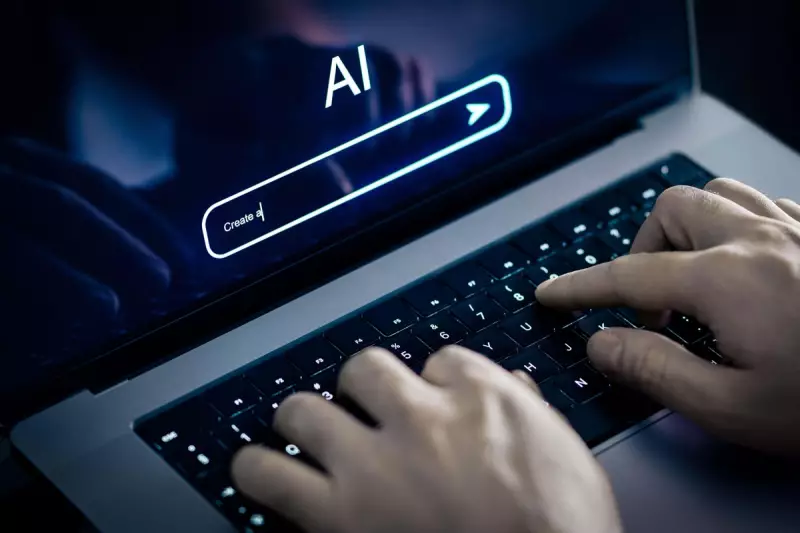
The relentless advancement of artificial intelligence is facing an unprecedented challenge that could dramatically slow its breakneck progress. According to alarming new research, AI systems are rapidly consuming the finite supply of publicly available data used for training, creating a potential crisis for the entire industry.
The Invisible Wall in AI Development
Tech giants and AI developers have been operating under the assumption that data sources were virtually limitless. However, recent analysis from the Epoch AI research group reveals a starkly different reality. High-quality language data suitable for training sophisticated AI models could be exhausted as soon as 2026, with lower-quality image and audio data following shortly after.
Why This Data Drought Matters
The implications are profound:
- AI systems learn by analysing massive datasets - without new material, their improvement could stagnate
- Current large language models like ChatGPT have already consumed most available high-quality text
- The exponential growth in AI capabilities we've witnessed may soon hit a hard ceiling
The Industry's Response to the Crisis
Tech companies aren't standing idly by. Several strategies are emerging to combat this data shortage:
- Synthetic data generation: Creating artificial training data using existing AI systems
- Efficiency improvements: Developing more data-efficient algorithms that learn more from less
- Private data acquisition: Securing access to previously unavailable corporate and institutional data
What This Means for the Future of AI
This data scarcity could fundamentally reshape the AI landscape. Smaller companies without access to private data repositories may struggle to compete, potentially consolidating power among established tech giants. The race is now on to develop breakthrough solutions before the data well runs dry.
The coming years will test whether artificial intelligence can overcome its most fundamental limitation yet - or whether the much-hyped AI revolution will face an unexpected slowdown.




